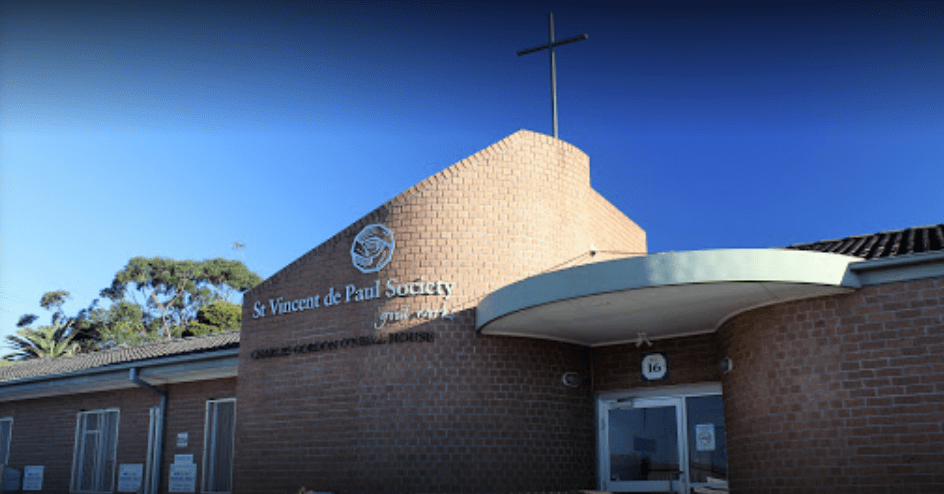International students and other temporary visa holders have become more vulnerable to homelessness after losing their income during the pandemic.
St. Vincent de Paul area manager for Housing and Homeless, Jenny Dixon said there had been a 30 to 50 per cent rise in homelessness in regional communities due to COVID-19.
“There’s been an emerging group who we are calling ‘new wave homeless’, who are people we haven’t really seen before,” she said.
“People who have been working in lower income jobs who have had their wages cut, which has meant that they can’t afford their rent or food.
“International students and other temporary visa holders, are another group seeking support but they don’t fit our criteria for funding.”
Audio: Jenny Dixon
Putting food on the table has been the main issue during this time with St Vincent de Paul providing open pantries, with no identification needed to access the free food.
An international student, who wishes to remain anonymous said he experienced homelessness in his first month after arriving in Australia.
“I had no contacts and connections and I have never felt more helpless,” he said. “I spent the night at the station and I was very scared and cold.
“The international bank transfers had been stopped so my parents couldn’t send any money and I just had $21 and was basically kicked out of my temporary accommodation.”
After spending two nights at North Wollongong Station, he received help from the Indian Association at the University of Wollongong and is now staying in a shared accommodation.
Ms Dixon added that Aboriginal youth under the age of 25 are at greatest risk homelessness, second to single women over the age of 55.
The first step in getting help is to call Link2Home which is a central line that can help with accommodation. Family and Community Services can also provide support.

